Worrying divide in Australians’ mental health
Australia is “approaching a crisis point”, experts have warned, as the mental healthcare needs of the population threaten to overwhelm the public system.
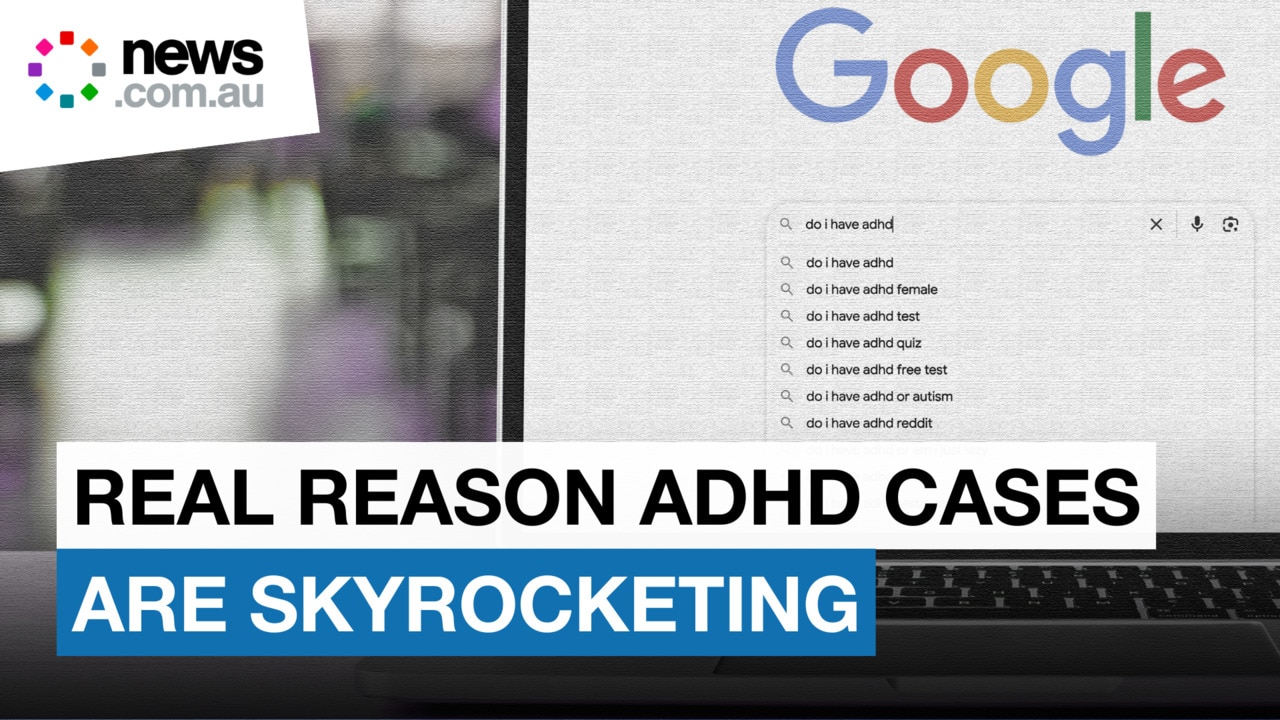
Lifestyle
Don't miss out on the headlines from Lifestyle. Followed categories will be added to My News.
Australia is “approaching a crisis point” as the mental healthcare needs of the population threaten to overwhelm the public system.
In the past 12 months, a stark divide has emerged in the mental wellbeing of Australians, propelled by a perfect storm of external and societal pressures. According to Body+Soul’s Health of the Nation report – a comprehensive, independent survey of the food, fitness and health habits of more than 3000 Aussies of all ages – just one in five adults (19 per cent) have experienced no challenges to their mental health, while one in seven battle “regular or constant” mental health challenges, and one in four said challenges or stress was “frequent”.
“When you heap stress on a human and limit their capacity to respond, it’s a recipe for mental illness, especially if they’re predisposed to poor mental health,” the Black Dog Institute’s senior research fellow and policy research manager Dr Peter Baldwin told news.com.au
Those facing existing challenges, however, have reported a “significant” decline.
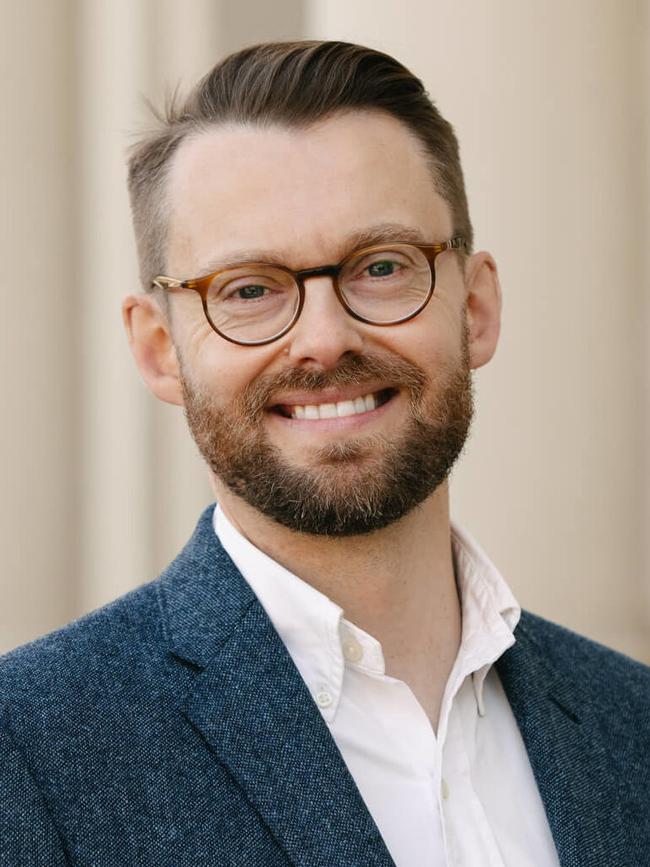
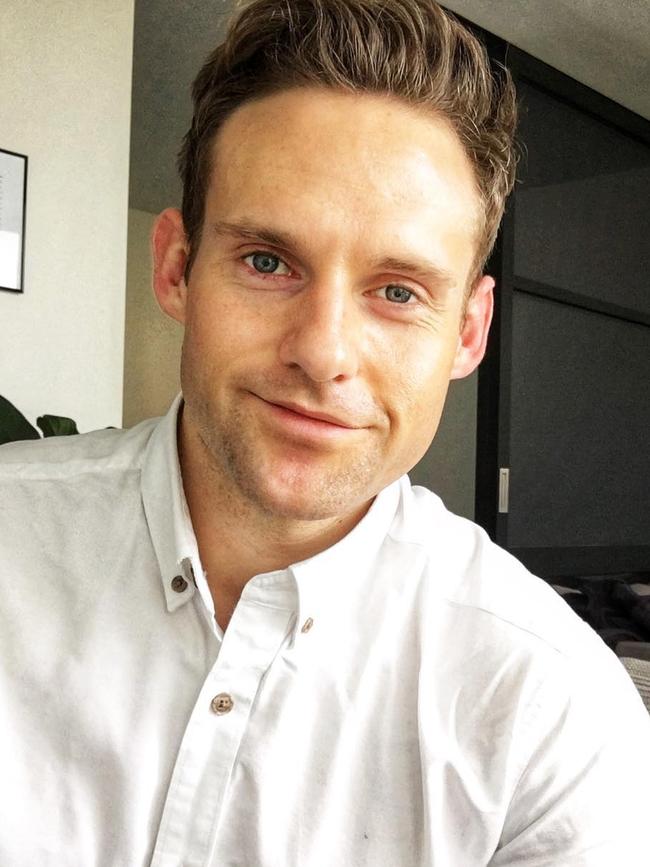
Seven in 10 Australians who describe their mental health as “poor” or “very poor” indicated their mental wellbeing had worsened, the bulk of them either Gen Z (those born between 1997 and 2012) at 20 per cent, or Gen X (those born between 1965 and 1980) at 18 per cent.
Though they experienced frequent challenges or stress, one in three (35 per cent) Millennials (those born between 1981 and 1996) were more likely to describe their mental health as “fair”. While the same per centage of Baby Boomers (those born between 1946 and 1964) said they had no issues and feel mentally-balanced and strong.
“Fortunately, we can’t quite say that all Australians’ mental health is declining,” Dr Baldwin said.
“In the most recent National Study of Mental Health and Wellbeing, the prevalence of mental illness was pretty stable, although it was increasing somewhat in young people, and was higher in young women than young men,” he said.
Statistics have shown the mental health of young Australians has been in decline for more than a decade. In 2007, 26 per cent of 16-to 24-year-olds had a mental illness. By 2021, the rate had increased to 39 per cent.
Adult psychiatrist Dr Kieran Kennedy said the increasing rate of young people “presenting with huge stress levels, anxiety, depression … for many years now” was particularly “concerning”.
“It definitely is starting to feel like we’re moving towards a bit of a crisis,” Dr Kennedy told news.com.au.
“In the last year or so, I’m seeing particularly young people citing financial strains and stressors as a direct factor in their anxiety or depression, or the sense of how their mental health is going,” he said.
“As times are becoming tighter and tougher – and people are feeling that financial pressure more – from what I’m seeing clinically, it’s directly impacting things. And it does come into play with the decisions people have to make around their health.”
This, Dr Baldwin said, is where Australia is “approaching a crisis point”.
“The mental health needs of Australians are overwhelming the health system,” Dr Baldwin said.
“Many people simply cannot access care – either because it’s too expensive, or simply not available.”
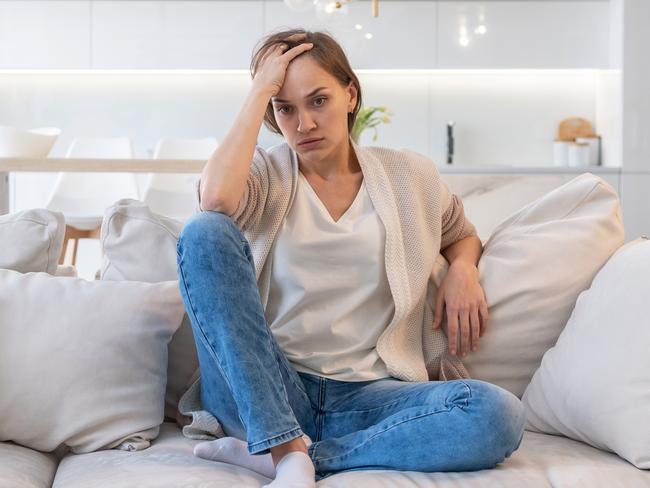
Of those Health of the Nation respondents who described their mental health as “poor” or “very poor”, engagement in structured mental health support was limited. Only 15 per cent said they had sought professional help, while, notably, 18 per cent had taken no action at all – indicative of the mounting barriers to mental health initiatives people face.
“When it comes to, especially, the private world of healthcare, I think people are having to make really tough decisions about whether they can actually afford to access things that might benefit their health,” Dr Kennedy said.
Part of Australians’ pride in our universal health system is derived from the belief that services should be accessible to those who need it most. This doesn’t extend, though, to the treatment of mental illness in the public system.
“I’m the biggest proponent of the healthcare system and I think Australia does an amazing job overall,” Dr Kennedy said.
“But if we’re talking about public mental health services and funding and things – even that gap between how mental health is funded compared to other healthcare, I would fairly safely bet, even if we don’t consciously admit it, these differences have emerged over decades because there are still underlying elements of stigma in terms of how important mental health is and what it means if we’re struggling with mental health.”
Dr Kennedy referred to the ongoing situation in NSW, where hundreds of psychiatrists in the public system resigned en masse in January from staff specialist positions when the state government rejected their proposed solution to the workforce crisis: a special levy that would increase psychiatrists’ pay by 25 per cent, putting their salaries on par with their counterparts in other states and territories.
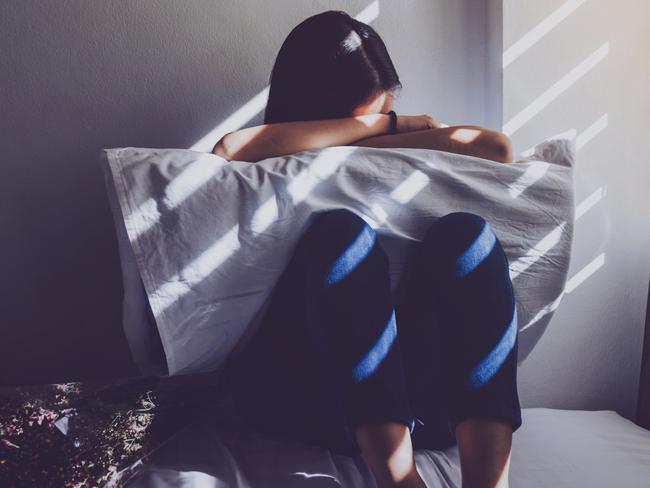
The knock-on effects to those experiencing the highest levels of mental distress cannot be underestimated, Dr Kennedy said.
“If access to specialist-directed mental healthcare isn’t available, what ends up happening is people obviously end up not reaching out for help because they know it’s not available or it’s too difficult to access,” he said.
“Or, people actually – as we’ve seen in the public services for a long time – end up getting turned away because there’s not the capacity to see these people.
“These things don’t just go away on their own and get better. And once the snowball starts rolling of people not being able to access services or services being underfunded, the snowball rolls and gets bigger and bigger in terms of more people needing those services and not being able to get them, because things just end up deteriorating and worsening for people.”
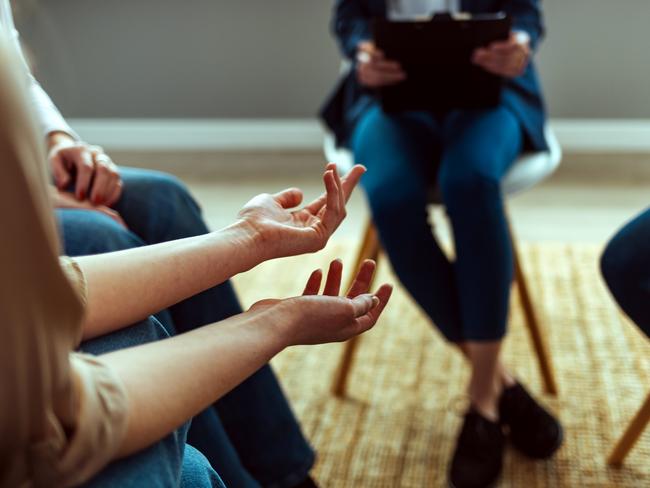
Without “significantly greater investment”, Dr Baldwin said, many Australians will continue “suffering needlessly”.
“I doubt we will see it turn around,” he said.
“We need better treatments that are more accessible, but we also need to start seeing mental health as a whole-of-system problem.
“People need better housing and education. Parents need more support in navigating child rearing. We need more mentally-healthy homes, schools and workplaces.
“We most certainly do need to turn the mental health system around, but we must face reality. We’re turning around a tanker, not a dinghy.”
Body+Soul has teamed up with Laura Henshaw and Steph Claire Smith’s Kic to offer readers who sign up before March 3 four weeks free access to the app. On top of access to the entire app’s offering, Kic has created a bespoke Health of the Nation challenge, consisting of three weekly workouts that range from five to 20 minutes.
Originally published as Worrying divide in Australians’ mental health






